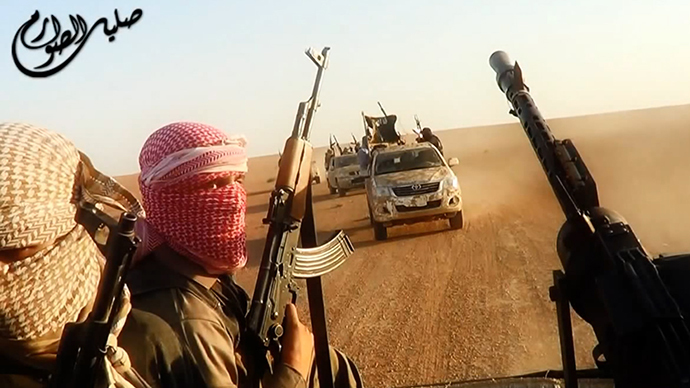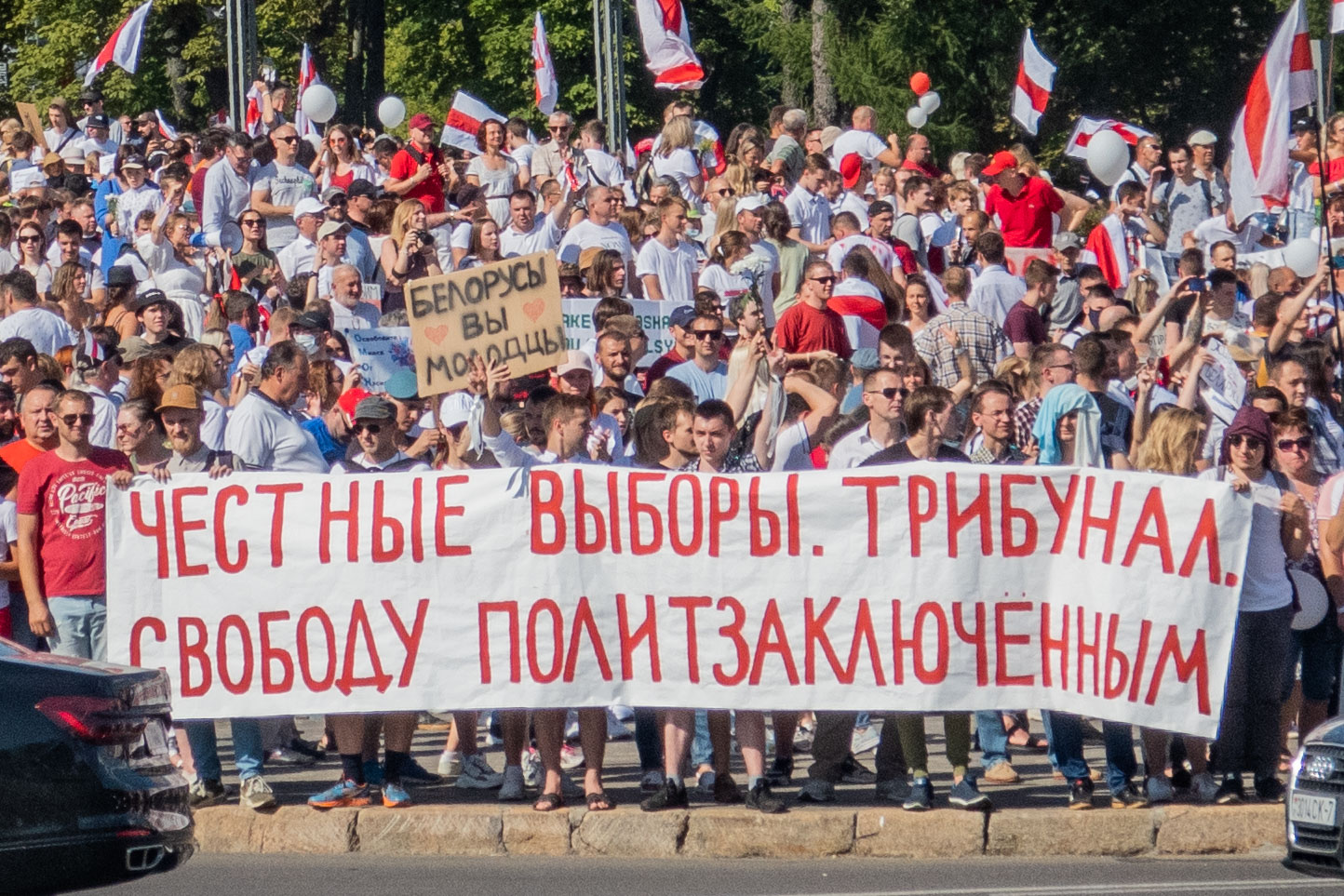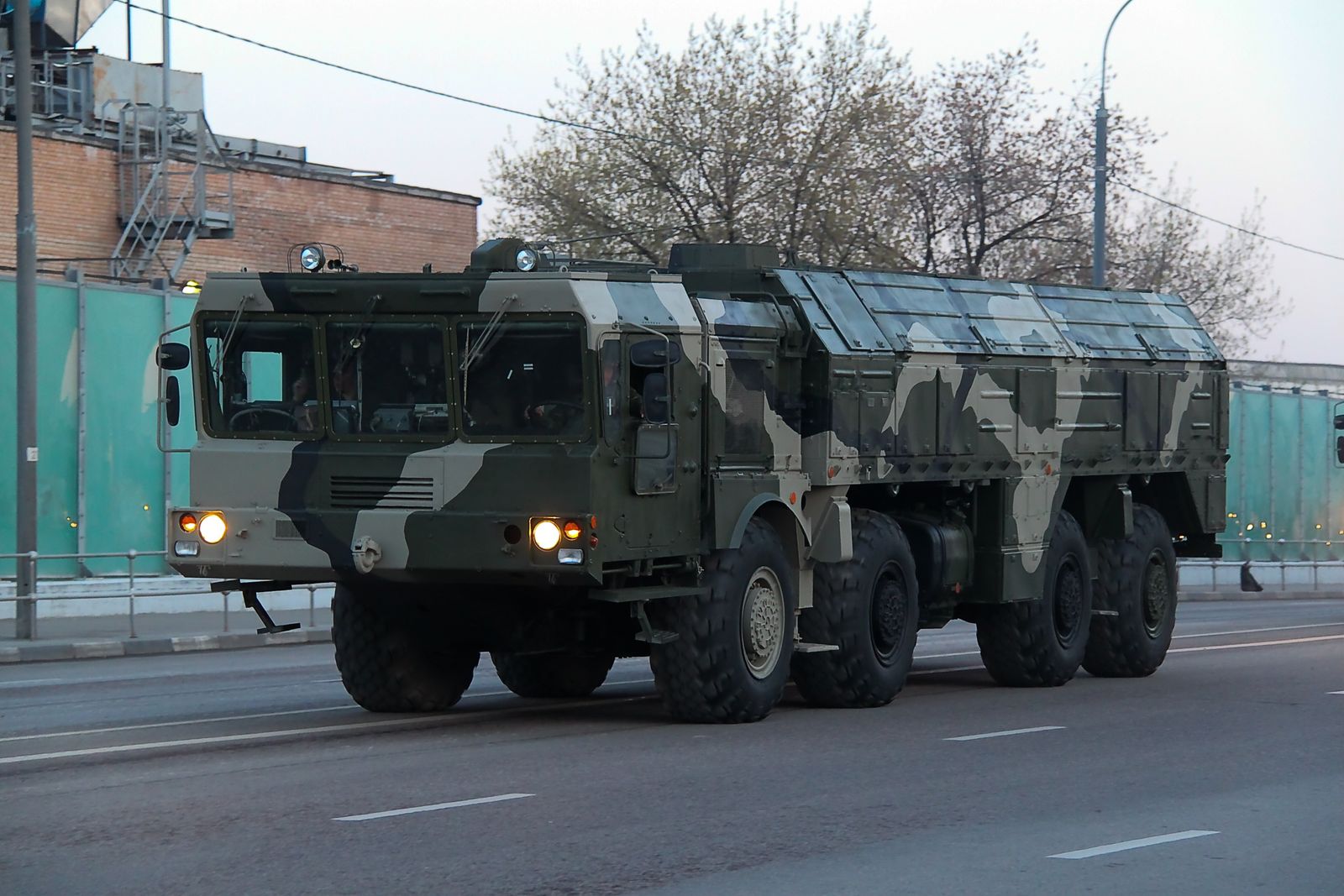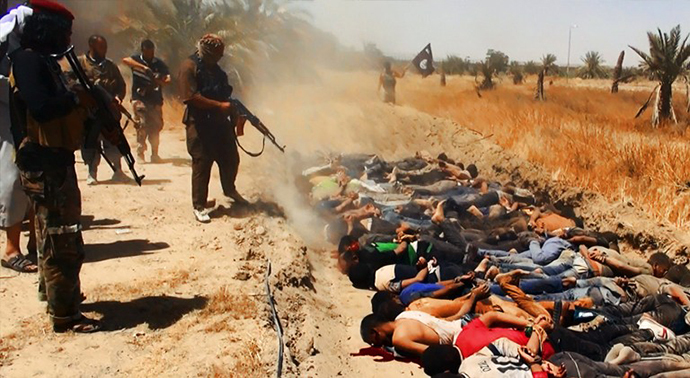
Guided by short-term political interests, the American government has on a number of occasions chosen to if not support, then tolerate political groups whose existence is in fact not in America’s long term interest. One example of this sort of strategic policy mistake was that of providing military support to the Taliban in order to prevent the Soviet Union from expanding into Afghanistan.
The Soviet Union invaded Afghanistan in 1979 after Deputy Prime Minister Havizullah Amin seized power, arresting and killing President Nur Muhammad Taraki who had come to power in a coup only a year earlier in the Saur Revolution which brought the Marxist People’s Democratic Party of Afghanistan to power. Amin was also a communist, but he posed a number of problems for Moscow. In order to consolidate his rule, Amin was purging his opponents, as many as 27 000 people were executed in the Pul-e-Charkhi prison alone. The purges threatened to destabilize the communist government. A Soviet special commission on Afghanistan established that Amin’s loyalty to Moscow was in question as he was seeking diplomatic ties with Pakistan, possibly the People’s Republic of China and even having secret meetings with the United States.
The United States found the Soviet military presence in Afghanistan to be intolerable. During the Cold War the United States was committed to containing communism and Soviet power. The US found the Taliban to be a suitable ally against the Soviet Union, upon their invasion of Afghanistan because they were determined to fight foreign occupation and the atheist ideology of communism. The supplying of billions of dollars in arms to the Afghan mujahedeen militants was one of the CIA’s longest and most expensive covert operations.
 Mujahedeen is a term used by Muslims to describe those who fight for Allah. It is not only members of the Taliban who describe themselves as mujahedeen, so too do members of Islamic State of Iraq and the Levant (ISIL), Al Qaida, the Chechen resistance, and other radical groups. Mujahedeen fighters from foreign countries routinely cross international borders to help each other in struggles against domination by infidels or even what they perceive to be unauthentic Muslim governments, such as that of Bashar Al-Assad.
Mujahedeen is a term used by Muslims to describe those who fight for Allah. It is not only members of the Taliban who describe themselves as mujahedeen, so too do members of Islamic State of Iraq and the Levant (ISIL), Al Qaida, the Chechen resistance, and other radical groups. Mujahedeen fighters from foreign countries routinely cross international borders to help each other in struggles against domination by infidels or even what they perceive to be unauthentic Muslim governments, such as that of Bashar Al-Assad.
To watch the courageous Afghan freedom fighters battle modern arsenals with simple hand-held weapons is an inspiration to those who love freedom. –Ronald Reagan (March 21, 1983)
Calling Mujahedeen, freedom fighters, in order to legitimize their violence against the soviet army was a rhetorical stretch. The goal of the Taliban, which they succeeded in, with American help, was to create a fundamentalist Islamic state, which treated women and minorities abysmally. The American policy was successful in so far as the Soviet Union ultimately gave up on their invasion in February 1989, finding it too costly in terms of lives, money, political image and prestige. However, that success was only temporary, because the long term implication of the Taliban’s success over the Soviet Union was their ability to control the territory of Afghanistan which later became a base for all sorts of terrorist groups, including Al Qaida which launched the Sept 11 terrorist attacks against the United States. The American War in Afghanistan initiated by George W. Bush on 7 October 2001 in response to the Taliban’s failure to extradite Osama Bin Laden is ongoing to this day. The failure of the United States to resolve this conflict sooner, is in large part due to its own support for the Taliban in the 1980s. The lesson in this is that the United States should exercise caution in supporting groups which pronounce beliefs which are incompatible with its own.

History repeats itself in the case of the Syrian rebellion against the leadership of Bashar Al-Assad. The United States generally supports the anti-Assad factions in Syria. The opposition groups are varied and lack unity; some have economic, social, sectarian or religious motivations. There are some groups that oppose corruption and claim to want democratization in their country such as the Free Syrian Army (FSA), which the United States sees as a group which it can do business with. Often times, when people speak of the Syrian Opposition, they are referring to the FSA which is the military branch of the exiled Syrian National Council located in Istanbul. But the FSA has been splitting along religious lines in recent months. It has either lost stockpiles of American-supplied weapons to religious fundamentalist groups such as the Islamic Front militia or shared those weapons in a joint effort to overthrow Assad or a combination of both. Clearly it is dangerous for the United States to be supplying weapons to insurgency groups with a weak organizational structure that lacks the strength to hold on to its own supplies or the desire.
The largest and most influential group in the diverse Syrian opposition is the Islamic State of Iraq and the Levant (ISIL) and this is evident based on the territory in Syria which is under their control. By supporting the small minority among the rebels who want democratization and social change, the United States de facto legitimizes the extremists which are also fighting against Assad for different reasons. Opposing a corrupt government is a good cause; however, the consequences in this case should not be ignored.
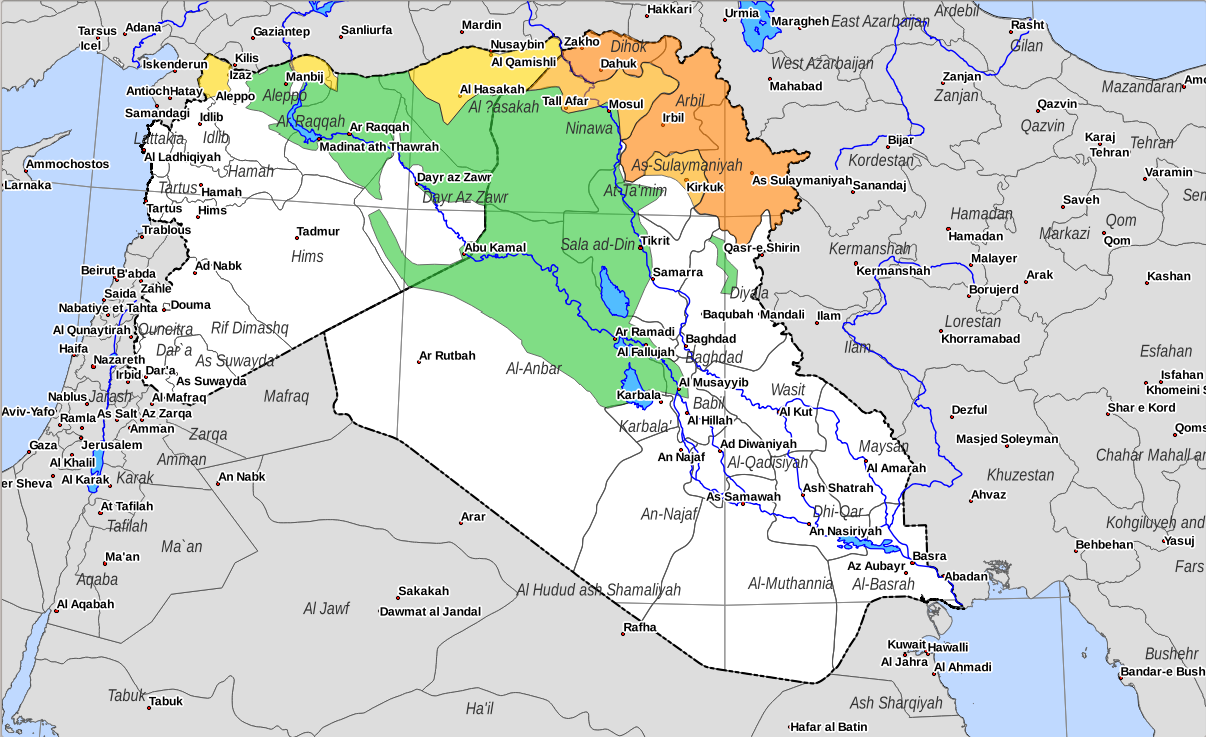
ISIL, a fundamentalist organization, might later become just as, if not more dangerous than the Taliban became in Afghanistan. However, there are some differences. ISIL is not a local group, oriented towards change in one state, at minimum they seem to, even in their name, incorporate Iraq and Syria into their perceived dominion. Considering the international nature of the organization, with a large involvement from all over the world, including Central Asia and its Chechen Republic, one might safely predict that the ambitions of the organization are not going to be concentrated in Syria alone. This week ISIL is reported to attack the state of Iraq, particularly it has seized control of Mosul, the second most populous city in Iraq and the areas surrounding it. It is gaining momentum quickly and is strategically taking cities which will serve to sever the supply line from Iran to Syria which is the lifeline of the Assad government.
The ultimate goal will not just be the takeover of Iraq and Syria. The Levant is an ancient geographical region which also includes Israel and Palestine, parts of Jordan, Lebanon, and Turkey’s Hatay province. The members of ISIL are militant and religiously motivated. The Islamic State ISIL creates, will be used as a base to spread the Sunni interpretation of Islam globally and to impose it on peoples of other faiths. Hence, before this prediction becomes a reality, Western policymakers as well as NATO need to reconsider their policies in Syria due to the implications on the wider Middle East, especially Iraq.

